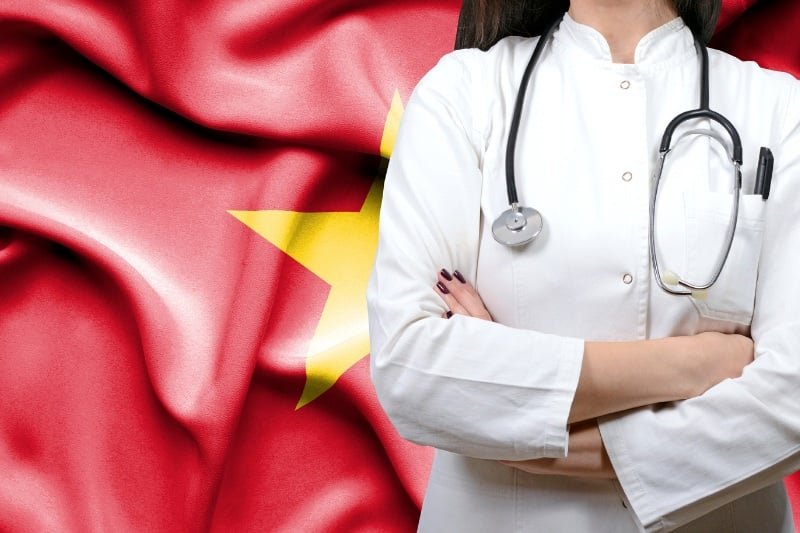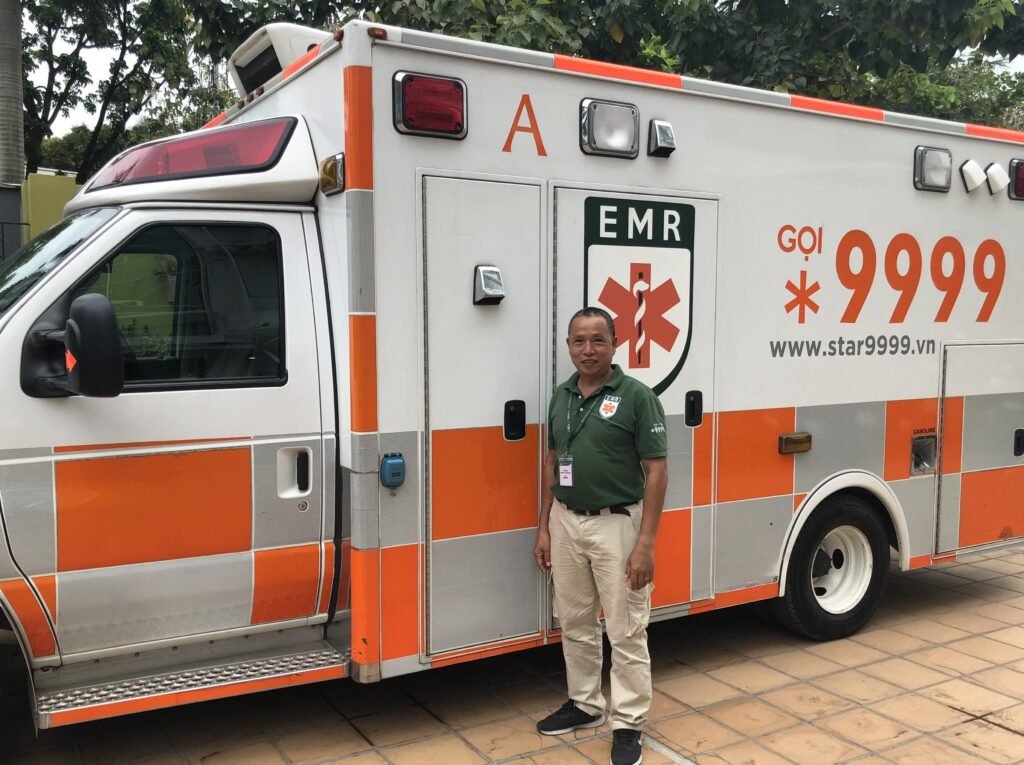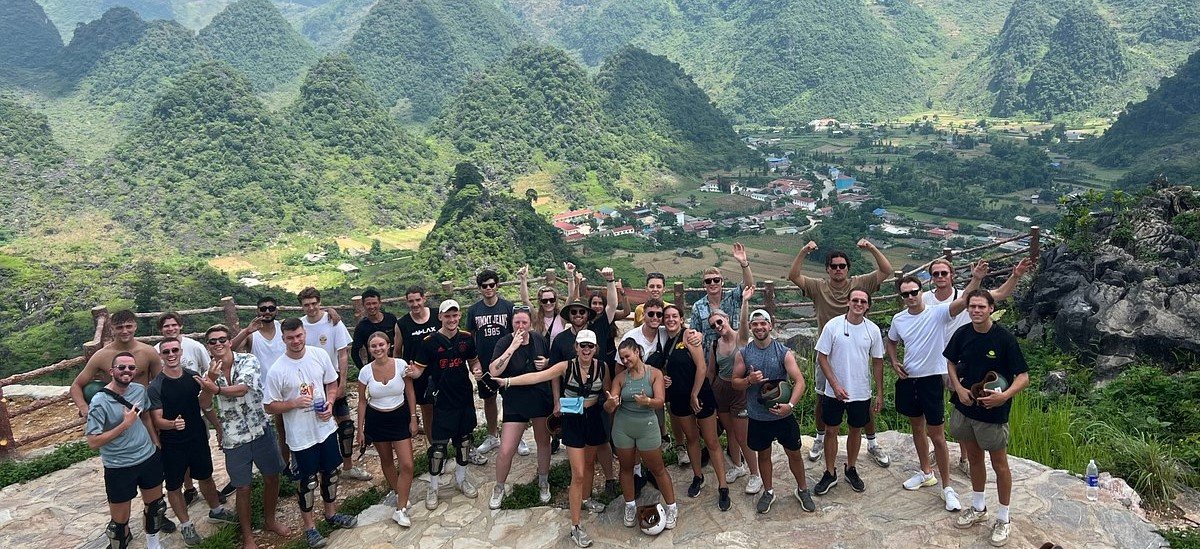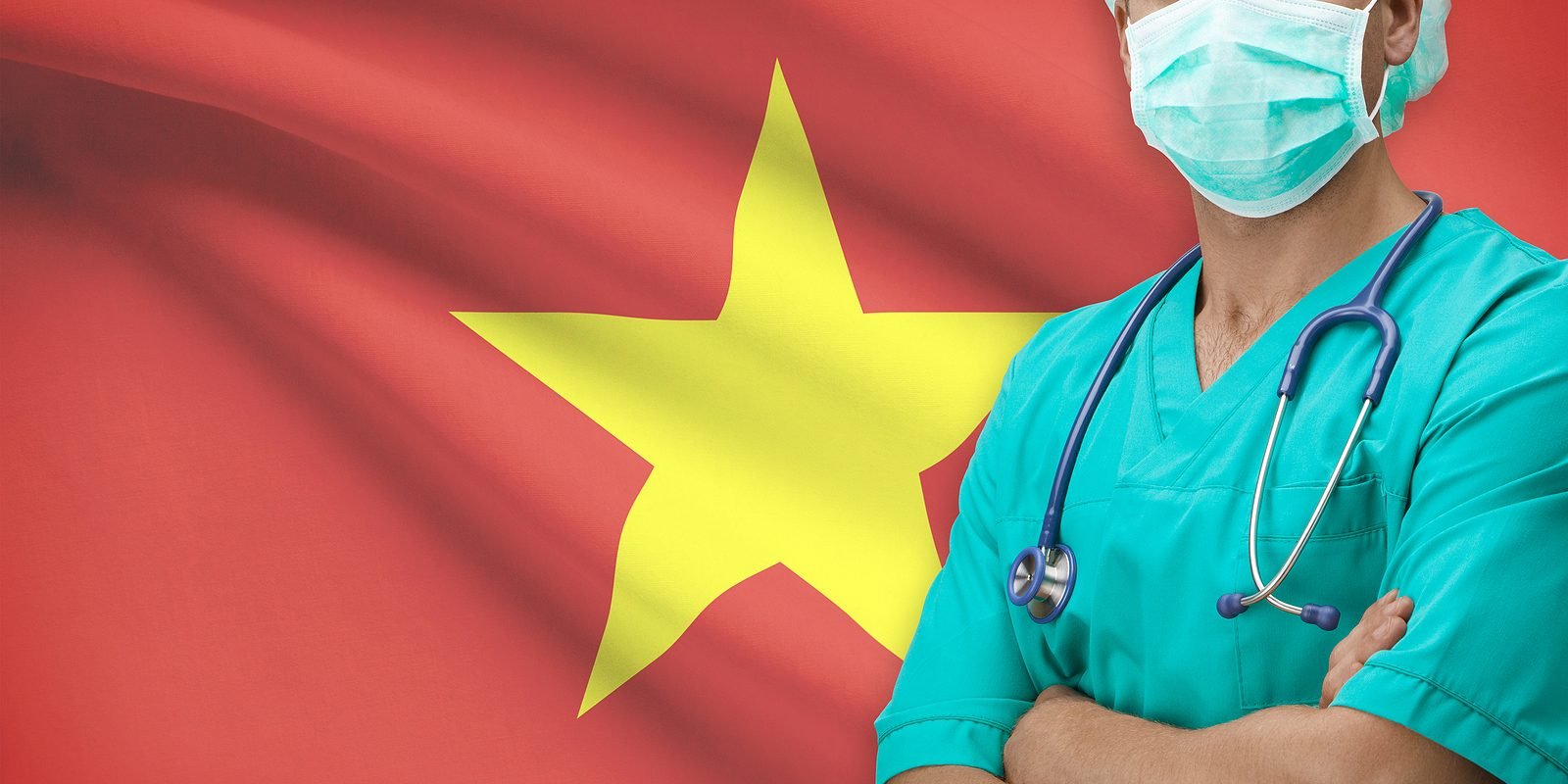Vietnam Medical Emergency: What to Do in a Crisis
Traveling to Vietnam is a thrilling adventure, but no one expects to face a crisis in the middle of their trip. Whether it’s a motorbike accident, sudden illness, or food poisoning, knowing what to do in a Vietnam medical emergency can make all the difference. This guide walks you through every essential step, from calling for help to getting admitted to a hospital emergency room Vietnam travelers can trust.
Understanding the Emergency Landscape in Vietnam
1. How to Call for Help – Vietnam’s 115 Hotline
In a Vietnam medical emergency, the first step is to call 115—the national ambulance and medical emergency number. It works in most cities and is the equivalent of 911 in the U.S. or 112 in Europe. However, there are still challenges such as limited English-speaking dispatchers and slower response times in remote areas.


What to keep in mind when calling 115:
- Speak slowly and clearly; use basic English or ask a local for help.
- Give your exact location—use landmarks or GPS coordinates if needed.
- Describe the patient’s condition (conscious, bleeding, breathing problems, etc.).
- State how many people are injured and their age/gender if possible.
If you’re with a tour guide or tour operator, ask them to call for you. Most local staff are familiar with the emergency protocols and can communicate effectively with dispatchers.
2. What Information Should You Provide During an Emergency Call?
Clear and concise information can save lives. In a Vietnam medical emergency, time is critical, and giving the right details helps the ambulance team prepare before arriving.
Information to give during your call:
- Location: Hotel name, street address, nearby landmarks.
- Patient details: Age, gender, known medical conditions.
- Nature of emergency: Fainting, chest pain, broken bone, etc.
- Contact person: Your name and a callback number.
Keep a copy of your ID and travel insurance details handy in case hospital staff request them during admission.
Find reliable pharmacies in Vietnam.
Emergency Services Vietnam: What You Need to Know
In larger cities like Hanoi, Ho Chi Minh City, and Da Nang, emergency services Vietnam has improved significantly in recent years. However, rural areas may lack well-equipped facilities. Private international hospitals tend to offer faster and more English-friendly service but come at a higher cost.


Common types of emergency services:
- Government-run ambulances via 115
- Private ambulances (faster but pricier)
- Walk-in emergency rooms at public or private hospitals
- On-call hotel or tour assistance in remote regions
Tourists can also ask hotels or tour guides for help arranging transport in emergencies—especially where ambulances are slow or unavailable.
Tips to stay calm and get support:
- Breathe deeply and assess the situation logically.
- Flag down help—locals may call a taxi, guide you to a clinic, or even accompany you.
- If you’re part of a tour, notify the guide immediately.


In case of an emergency, Sun Getaways Travel (WhatsApp) has a 24/7 customer support protocol. Our guides and support staff immediately coordinate with medical facilities and insurance companies to ensure you receive the best care possible.
Hospital Emergency Room Vietnam: What to Expect
Not all hospitals operate the same. In a Vietnam medical emergency, choosing the right hospital emergency room Vietnam can mean better care and fewer communication barriers.
Differences between public and private ERs:
- Public hospitals: Crowded, low-cost, but may lack English-speaking staff
- Private hospitals: Quicker service, higher fees, and usually offer translators
- International clinics: Cater to foreigners, charge in USD, and accept insurance
Top private hospitals for emergencies in Vietnam:
- Vinmec International Hospital (nationwide)
- FV Hospital (Ho Chi Minh City)
- Hanoi French Hospital (Hanoi)
- Family Medical Practice (HCMC, Hanoi, Da Nang)
If you’re not in a life-threatening condition, it may be better to take a taxi or private car directly to one of these facilities instead of waiting for an ambulance.
In the chaos of a Vietnam medical emergency, staying calm might feel impossible—but it’s crucial. Locals in Vietnam are generally very helpful and kind, especially to travelers in distress.
Explore: ATMs in Vietnam: Finding Cash & Avoiding Fees
The Role of Travel Insurance in Medical Emergencies
1. Why Insurance Is Your Best Friend in a Crisis
Medical treatment in Vietnam—especially at private hospitals—can be costly. That’s where travel insurance becomes a lifesaver during a Vietnam medical emergency. From covering hospital bills to arranging medical evacuations, a good policy prevents financial stress on top of everything else.
How travel insurance helps:
- Covers ER visits, surgery, and diagnostic tests
- Provides 24/7 medical assistance hotlines
- Coordinates medical evacuation if needed
- Some insurers pay hospitals directly to avoid out-of-pocket spending


👉 View more: Trekking Through Vietnam’s Grandeur: Your Adventure Guide to Mountains, Caves & Jungles
2. Medical Evacuation and When It’s Necessary
In severe cases, especially if you’re in a rural location or require specialized care, a Vietnam medical emergency may require evacuation to Bangkok, Singapore, or your home country.
When to consider medical evacuation:
- Local hospitals lack the necessary equipment or expertise
- Patient needs long-term critical care
- Travel insurance or embassy recommends immediate repatriation
Always keep your insurance contact number and policy number saved in your phone and wallet. Many embassies also maintain emergency lists of trusted hospitals and clinics.
Preparing Ahead for Medical Emergencies
Emergency Kit and Personal Prep Tips
Being prepared doesn’t mean expecting the worst—it means knowing you’re ready for it. Small precautions can make a big difference during a Vietnam medical emergency.
What to carry in your travel emergency kit:
- Copies of your passport, insurance, and medical documents
- Local emergency numbers (115, insurance hotline, embassy)
- Basic medication (painkillers, antidiarrheals, motion sickness pills)
- Blood type and allergy card
- Contact details of your tour guide or hotel manager
Stay well with advice on staying healthy in Vietnam.
Language Tips: Learn These Emergency Phrases
Vietnamese can be tricky, but learning a few key Vietnamese phrases can be life-saving.


Useful phrases in an emergency:
- “Cấp cứu!” – Emergency!
- “Tôi cần bác sĩ” – I need a doctor
- “Tôi bị đau bụng/đầu/ngực” – I have a stomach/head/chest pain
- “Gọi xe cứu thương!” – Call an ambulance!
- “Tôi bị dị ứng với…” – I’m allergic to…
If you’re not confident speaking Vietnamese, use Google Translate or carry printed translation cards. Travel smart. Stay safe. Read our Vietnam safety guide now.
FAQs About Vietnam Medical Emergency
1. What number should I call in a Vietnam medical emergency?
Dial 115 for ambulance and emergency medical services anywhere in Vietnam.
2. Are emergency services Vietnam fast and reliable?
In major cities, yes. In rural areas, services may be slower or limited—tour guides or hotels can help coordinate faster transport.
3. Do hospital emergency room Vietnam locations accept foreigners?
Yes, especially private and international hospitals. Most offer English-speaking staff and accept travel insurance.
4. Can my travel insurance cover a Vietnam medical emergency?
Absolutely. Most insurance plans cover ER visits, hospital stays, and even medical evacuation if needed.
Conclusion: Be Smart, Be Safe, Be Ready
No one wants to deal with a Vietnam medical emergency, but knowing what to do if it happens can protect your health and give you peace of mind. Whether you’re traveling solo, with family, or on a guided tour, it pays to be informed, insured, and prepared.
From calling 115 to choosing the right hospital emergency room Vietnam visitors can trust, every action counts. And with reliable emergency services Vietnam improving day by day, help is never too far away. So go ahead—explore Vietnam with confidence, knowing you’re ready for anything.
Our all-inclusive trips cover every detail, from accommodations and transportation to unforgettable experiences, depending on your interests (Our Customized Private Tour for each customer to Vietnam 🇻🇳). Ready to embark on your next adventure?
Ask a question
Leave a Comment (0)
No questions yet. Be the first to ask a question!
















